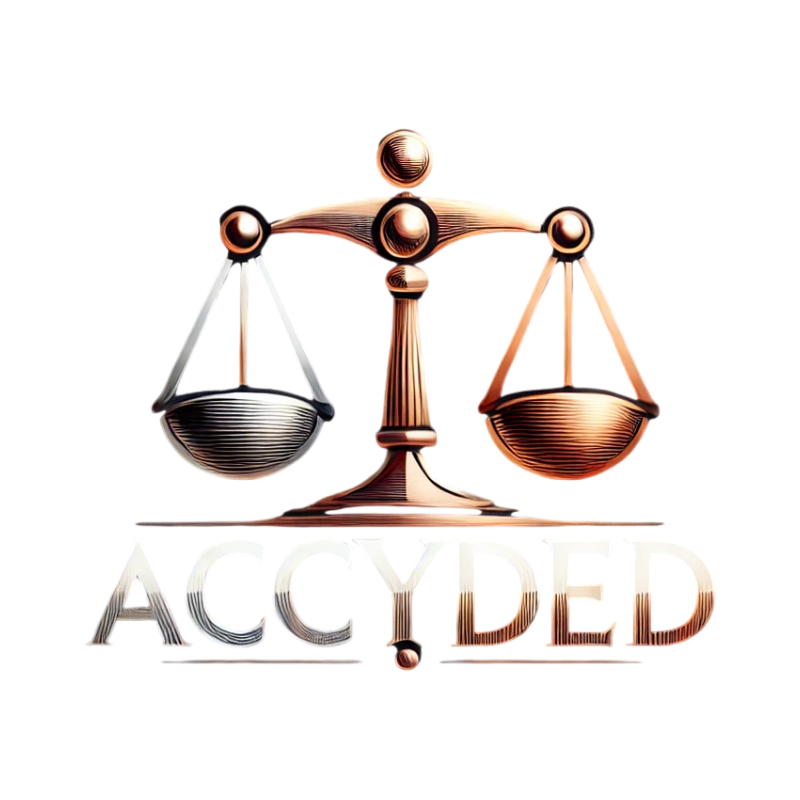Isonomy is a term of Greek origin that means "equality before the law" or "equality of rights". In theory, Spain is a State of Law whose Constitution proclaims the equality of all citizens before the law. However, in practice, this equality – isonomy – is systematically violated, particularly by the existence of judicial privileges and a judicial culture that has consolidated an untouchable caste within the judiciary. Far from being a democratic guarantee, the current institutional design has allowed for more than forty years the existence of "contralegem" judicial decisions - contrary to the law - which, by remaining unpunished and unchallengeable, violate the rights of citizens without the possibility of effective reparation.
Special Privileges: A Medieval Privilege in Democracy
Spain is one of the countries with the highest number of special privileges in the world. According to various estimates, there are more than 250,000 people with special privileges, including politicians, high-ranking officials, members of the security forces, and, most notably, judges and magistrates. This mechanism means that, if they commit a crime, they are not tried by an ordinary court like any other citizen, but by higher courts, often made up of peers or even subordinates from the same judicial system, which dooms any attempt at surrender: "they are peers."
This exceptional treatment, far from being justified by functional needs, generates structural inequality: ordinary citizens do not have access to the same defense resources, nor do they enjoy the same margin of judicial leniency. Often, proceedings against judges are processed opaquely, delayed, or are simply shelved. This fuels selective impunity that erodes confidence in the judicial system and directly contradicts the principle of isonomy. This impunity also reinforces the perception of "assumed deity" among those who exercise it.
Unlawful Decisions and the Powerlessness of Citizens
One of the most corrosive effects of this institutional architecture is the lack of effective oversight over unfair or arbitrary judicial decisions. If a judge issues a ruling that is clearly unlawful—whether due to ignorance, negligence, or bad faith—the affected citizen has no real tools to challenge it if there are no appeals or if they are resolved by other judges acting in the same corporate spirit. The jurisprudence of the Spanish Supreme Court and the Constitutional Court has contributed to reinforcing this doctrine of "practical infallibility," shielding the judiciary from its own errors.
As a result, many citizens face illegitimate judicial decisions with no real possibility of defense, even more so if they lack financial means or specialized legal advice. Appeal to the European Court of Human Rights, while useful in some cases, is presented as a distant, slow solution, available only to a minority that perseveres for years.
The Deification of the Judge and the Decline of the Law
In this context, a profoundly anti-democratic cultural phenomenon has emerged: the deification of the judge. The idea has taken root that the judge, by his or her very status, is above good and evil, as if he or she exercised a priesthood rather than a public function subject to accountability. This view is dangerous: the judge is neither infallible nor neutral by nature, and his or her work must be subject to critical, institutional, and citizen scrutiny. When the system does not allow for this, what we have is not a rule of law, but a judicial theocracy where the citizen is not a subject of rights, but a subject of wills.
Conclusion: The Need for a Refoundation
Spain needs a profound reform of the judicial system that restores the principle of isonomy as the backbone of justice. This implies the abolition of judicial jurisdiction, the creation of effective mechanisms for disciplinary oversight and accountability, and the opening of the system to a truly democratic and transparent culture. The justice system cannot remain a closed, inaccessible, and unpunished fortress. If ordinary citizens are subject to the law, judges must be as well. Only in this way can trust in institutions be restored and the effective respect for fundamental rights be guaranteed.
What if our judges had money in tax havens? Could a democracy stand if those entrusted with upholding the law were themselves evading their fiscal obligations? If the guardians of the system were amassing hidden wealth beyond public scrutiny, the very notion of justice would be stripped of meaning. It would not merely be an institutional crisis, but a moral collapse of the rule of law. Because when those meant to lead by example behave as though they are above it all, democracy ceases to exist—it becomes a fiction propped up by the powerlessness of its citizens.





